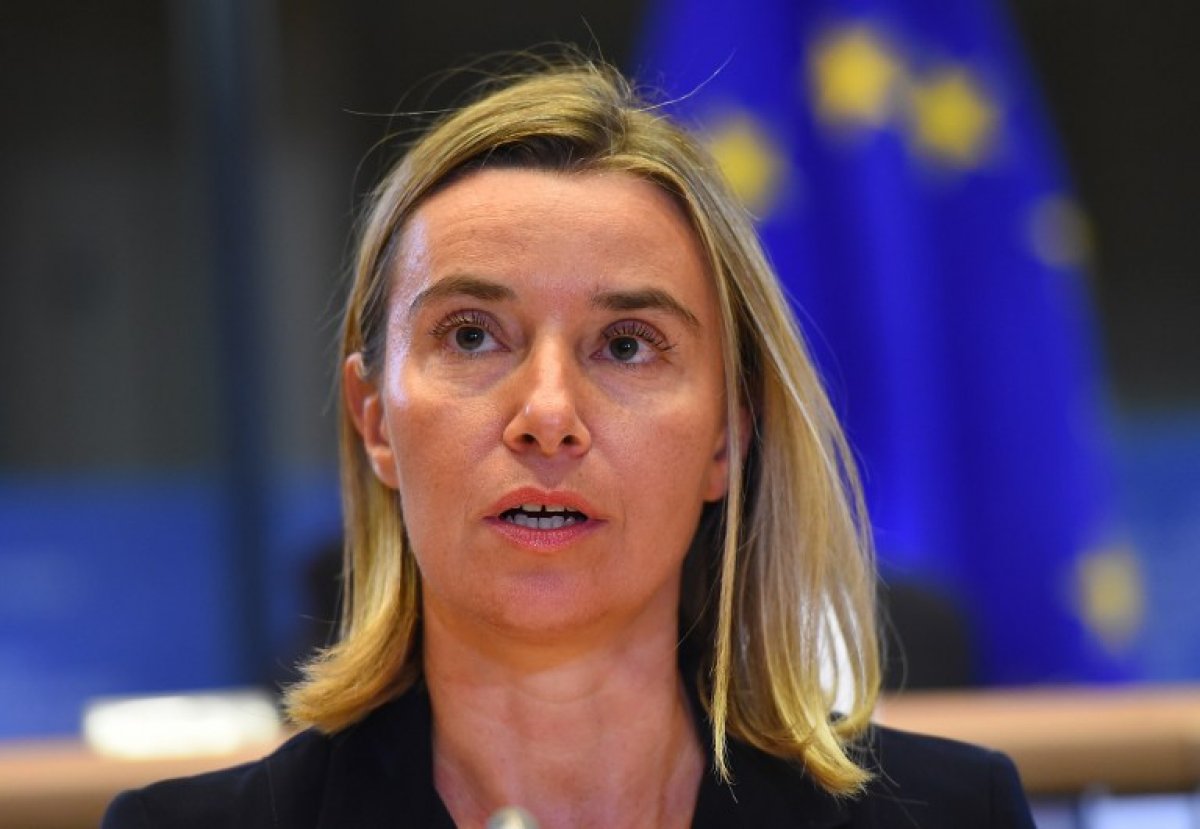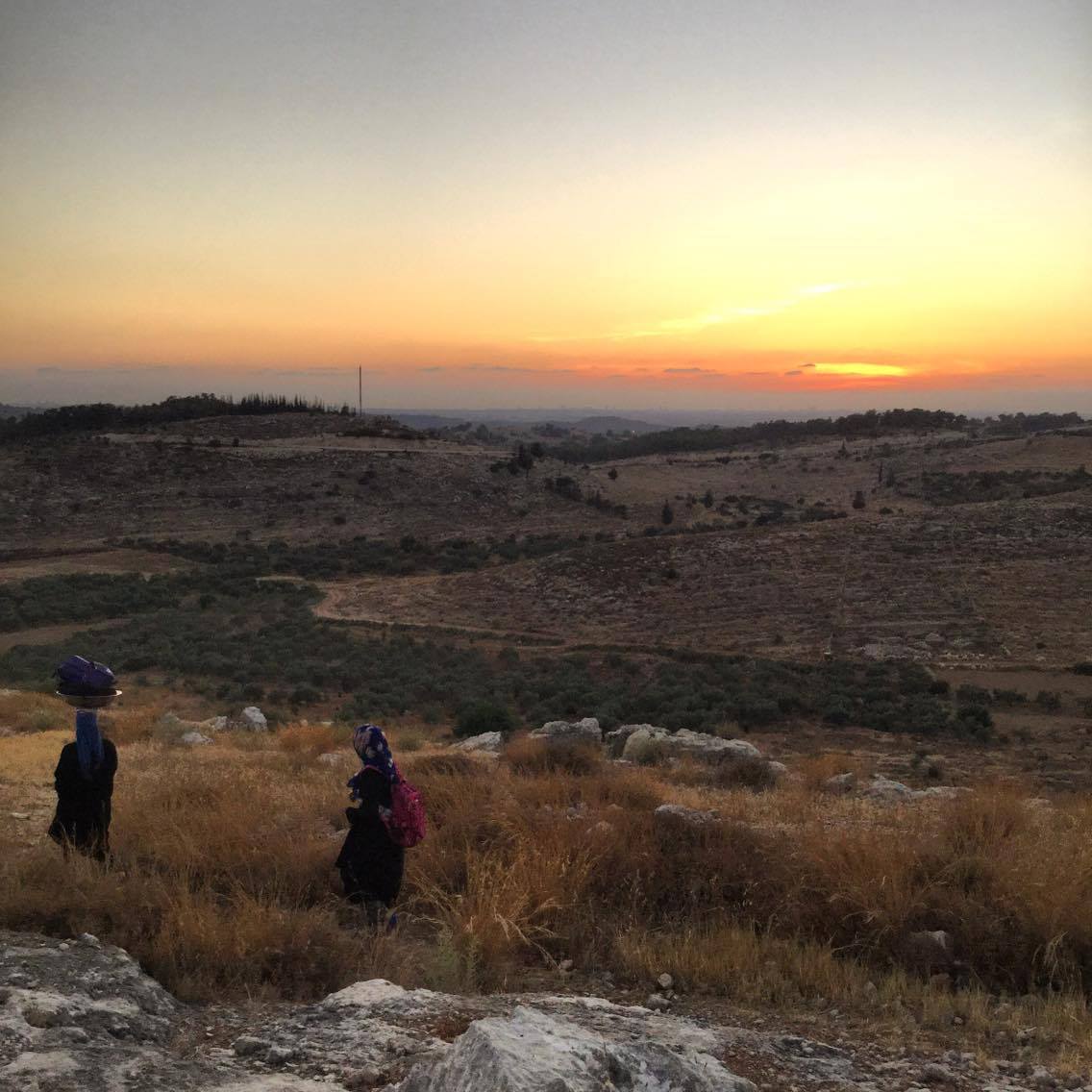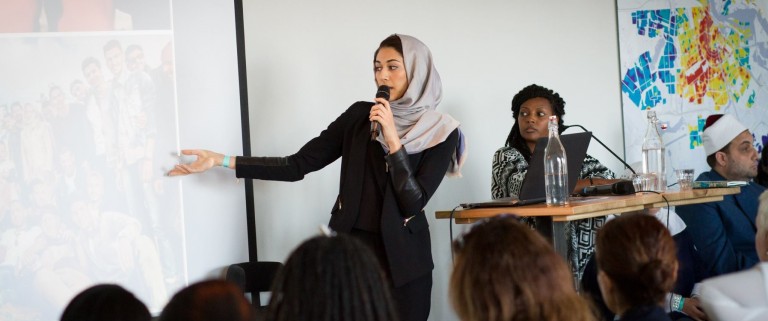June 2016 Review
TransConflict is pleased to present a selection of articles published during June, plus updates from the Global Coalition for Conflict Transformation.
| Suggested Reading | Conflict Background | GCCT |
1) The sixteenth GCCT newsletter
TransConflict is pleased to present the sixteenth Global Coalition for Conflict Transformation (GCCT) newsletter, showcasing the work of the GCCT and its members. Read on…
2) Bernie Sanders and the French initiative
Dr. Alon Ben-Meir – By raising the need for the US to play an even-handed role to find a solution to the Israeli-Palestinian conflict, Sanders has introduced a new critically important paradigm that the next administration must adopt, and in conjunction with the French initiative, they can create a much better prospect of ending the debilitating and explosive seven decades-old conflict. Read on…
3) What does Brexit mean for the EU’s Security and Defence Policy?
Ulas Doga Eralp – Brexit might actually be an opportunity in disguise for Brussels; without the constant British impediment, proponents of the European Union’s Common Security and Defence Policy (CSDP) could actually start building a truly European security structure that is willing and able to intervene in crises and make peace. Read on…
4) Last words
Gerard M. Gallucci – Marx noted that history reoccurs, first as tragedy, then as farce. We seem to be living in a period where history remains unlearned yet is repeating itself well beyond farce. Read on…
5) The crumbling Islamic State – its desperate violations of humanitarian law
Rene Wadlow – These grave violations by ISIS must be protested by as wide a coalition of concerned voices as possible. There is a real danger that, as the Islamic State disintegrates and no longer controls territory, it will increase terrorist actions. Only by a wide public outcry in defense of humanitarian law can this danger be reduced. The time for action is now. Read on…
6) Technology in the service of international conflict resolution
Arik Segal and Béatrice Hasler Lev-Tov – Applying technology and in particular virtual platforms and virtual reality (VR) as complementary tools in people-people projects, can help improve the effectiveness and impact of peacebuilding work. Read on…
7) Listening to the other half: personal narratives of Israeli and Palestinian women
Sarah Arnd Linder – A conflict cannot be solved- and genuine peace cannot be reached, if the voices of one half of the population is not listened to on an equal level of the other half. An initiative called Political is Personal has taken it upon itself to contribute to the implementation of the principles of United Nations Security Council Resolution 1325 by conducting in-depth interviews with Israeli and Palestinian women, who share how their lives have been affected by the conflict. Read on…
8) Is Trump a new kind of fascist?
Dr. Sam Ben-Meir – The antidote to the rise of populist politics based on distrust is in how we describe the disease itself. To view Trump simply as an aberration, a metaphysical monstrosity – which undoubtedly he is in some sense – is profoundly inadequate. We must see him as the symptom of a general disease; a disease which is global in nature, and which bears witness to the contradictions and antagonisms of the democratic capitalistic order. Read on…
9) Ethiopia-Eritrea – the cry of the Imburi
Rene Wadlow – The artillery exchange with several hundred killed may be a cry of the Imburi and the need for more creative attention to the Ethiopia-Eritrea conflict − all the more so that the armed conflicts in Yemen and Somalia have implications for both Eritrea and Ethiopia. Read on…
10) The Ferhadija Mosque – the untold story
TransConflict is pleased to present a documentary exploring the untold story behind the Ferhadija Mosque in Banja Luka, which was inaugurated on May 7th 2016, the twenty-third anniversary of its destruction. Read on…
11) Deradicalization in refugee camps and beyond
Dr. Alon Ben-Meir – Host countries cannot be long on talking and short on funding. Any government committed to deradicalizing young men and women must invest, along with private donors and foundations, as much as needed to address the epidemic of violent extremism. Read on…
12) Will America survive a Trump administration?
Dr. Sam Ben-Meir – This country had had awful presidents in the past, but the United States is bigger than any one chief executive, regardless of how bloated, egomaniacal and hate-mongering. The question is, can we survive the complete absorption of politics into the culture of mass entertainment? That I’m not so sure about. Read on…
The Global Coalition for Conflict Transformation
1) Beyond the Security Council – four next steps for youth, peace and security
UNOY Peacebuilders – While a UN Security Council resolution on Youth, Peace and Security is important, it is meaningless unless other stakeholders take up the call and translate it into real policies. Read on…
2) Dealing with the past in Kosovo
By jointly approaching and discussing the past in a multi-ethnic group, Serbs, Albanians, Bosnian and Turks in Kosovo find a way to come together again. Action for Nonviolence and Peacebuilding (ANP), a member of the Global Coalition for Conflict Transformation, is one of the few active organizations in Kosovo who is addressing this challenging and hard field, pushing for a civil narrative about the 1990s struggle from the grass-root level. In the book “The Soul’s Remembrance” you can read life stories written by the participants about the 1990s. Read on…
3) Young refugees and peacebuilding – a missing link
Dylan Jones and Matilda Flemming – The ability and willingness of young people to build networks across social lines, engage in creative problem solving and act as community leaders presents an opportunity for bottom-up change. Read on…
4) Holding the government of Sri Lanka to its promises
The Sri Lanka Campaign for Peace and Justice, a member of the Global Coalition for Conflict Transformation, is launching a new campaign urging the government of Sri Lanka to keep the promise it made to war survivors – and Sri Lanka at large – to address the legacy of the war and to embark on a meaningful process of reconciliation. Read on…
5) Young people’s participation in peacebuilding – a practice note
UNOY Peacebuilders – The UN Inter-Agency Working Group on Youth Participation in Peacebuilding, which UNOY Peacebuilders co-chairs with the UN Peacebuilding Support Office and Search for Common Ground, has just published a Practice Note, titled ‘Young People’s Participation in Peacebuilding’ in cooperation with the Peace Nexus Foundation. Read on…
6) Close criminal case against Valentina Cherevatenko
Peace Dialogue – As representatives of civil society, we are deeply concerned about the attempts by Russian authorities to prosecute Valentina Cherevatenko, one of the most prominent civil society and public figures in Russia. Read on…
6) Affecting power structures – gender and youth perspectives
Hajer Sharief – In areas of conflict, support from the international community is often greatly needed. However, the design of this support directly affects power structures in the affected community. A crucial question is therefore: Who receives the international community’s support? Who is invited to take part in negotiations? Who is recognized as an important player and what security threats are identified and prioritized? Read on…






































June 2016 Review – TransConflict https://t.co/d5Lyn5GZZf
June 2016 Review https://t.co/ys7watqnPx #Nonprofit
Pingback : June 2016 Review - TransConflict | The Politics...